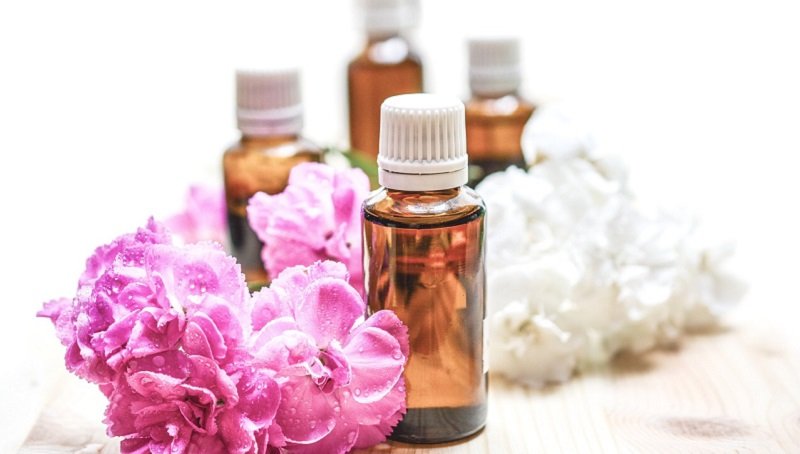Pet’s Corner Q&A
My friend’s cat DD is staying with us while she’s away travelling. I use a lot of essential oils around the house which I know can be toxic to cats. What can I do to make sure DD doesn’t go near them?
Depending on how you use essential oils around the house, DD could encounter them in a number of ways.
It may sound obvious but it’s important to store essential oils where DD can’t get to them in a locked cupboard.

Avoid using essential oils for cleaning as cats like to rub against everything and it could easily rub off onto her fur.
If you handle essential oils, don’t touch DD afterwards until you’ve washed your hands.
Keep her away from diffusers, and make sure any space where you have had essential oils diffusing into the air is well ventilated before you let her into the room.
Find out more, including symptoms of essential oil poisoning here: pdsa.org.uk/cats-and-essential-oils-advice
We’ve just moved house and I’ve found a lovely dog walk nearby however it also seems a popular route for horse riders. My dog has never seen a horse before – how can I prepare him?
It is great to be thinking about this ahead of time as horses, like dogs, can behave unpredictably when they are in new situations.
Some horses may be used to dogs and others may not and may even be frightened of dogs.
Make sure to always keep your dog on a lead around horses.

If your dog is off lead and you see a horse approaching, call your dog to you, put them back on a lead and keep as still as possible in a visible but safe place.
Don’t allow your dog to jump up at the horse, instead keep them calm, tell them to sit and wait until the horse passes you.
If your dog does not have good recall, it would be best to keep them on a lead throughout the walk.
Rewarding calm behaviour with a treat can help to reinforce that staying calm around horses is the right thing to do.
My rescue older dog Otis needs house training. I’ve trained puppies before but never an older dog.
Older dogs can also be house trained very easily.
You will need to take Otis outside first thing in the morning and last thing at night, as well as every hour throughout the day initially.
One of the most important things you can do is reward Otis with a treat for toileting outside and never punish him for soiling in the house.

You will learn his routine pretty quickly and get to know when he needs letting out.
If he’s still having accidents in the house, increase the frequency of trips outside.
Keeping to a regular schedule of food and exercise can help, too! If you are still struggling and need further help toilet training Otis, ask your vet or vet nurse for advice.
They may be able to refer you to an accredited behaviourist for further support.
Find out more: pdsa.org.uk/puppy-toilet-training-advice
Picture: Pixabay/JACLOU-DL
